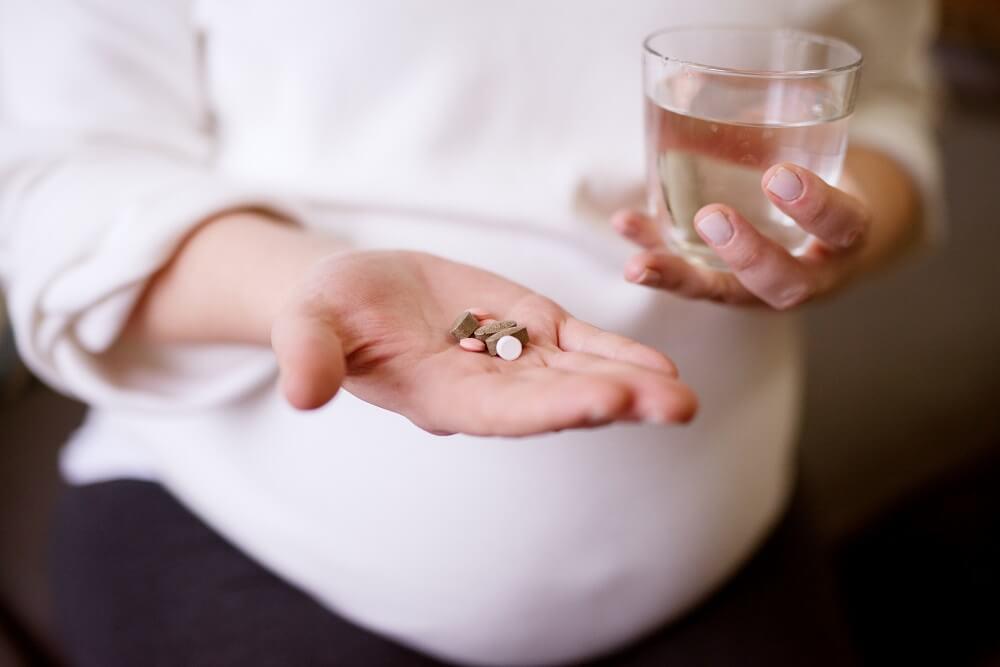Recovering from gastric sleeve surgery often comes with a great deal of discomfort. Patients often report abdominal pain in the weeks after surgery, and for some it can be severe. It’s important that patients have options available to them for pain management after any form of bariatric surgery.
Despite this, there are many different types of pain medication that must be avoided as they pose a risk to the patient. What are these medications, and what can gastric sleeve patients take to manage their pain?
Should Patients Be Taking Pills After Gastric Sleeve Surgery?
Although it’s not easy to eat many different types of foods, pills are fine for patients who just underwent gastric sleeve surgery. Patients are instructed to take a multivitamin pill, for example.
Most patients who undergo gastric sleeve surgery also have other chronic conditions that require them to take medications. Your doctor will consult with you to make sure that you’re able to continue taking your medications in order to manage your other chronic conditions.
Certain pain medications can be taken, however most prescription and over the counter pain medications must be avoided for a variety of reasons.
Pain Medications To Avoid After Gastric Sleeve Surgery
Some pain medications, although effective, should be avoided entirely after gastric sleeve surgery.
These medications include:
Over the counter NSAIDs. NSAID stands for non-steroidal anti-inflammatory drugs. Ibuprofen, naproxen, and aspirin are all included in this class of medications. These types of medications break down the mucous membrane in the stomach, which can be dangerous. NSAIDs have been known to cause ulcers in people who take a lot of them over time, but they’re especially dangerous for people who have just had gastric sleeve surgery.
Prescription NSAIDs, such as relafen, daypro, lodine, vimovo, indocin, and voltaren. These, although more powerful and not as commonly used, are still not recommended for patients who have just undergone gastric sleeve surgery.
After one month has passed since your surgery, your doctor will be able to tell you if they recommend you to take NSAIDs. Usually by this time, it’s safe to take these kinds of medications again.
Pain Medication You Can Take After Gastric Sleeve Surgery
Although NSAIDs are not allowed due to their effect on the stomach, there are pain medications available to bariatric surgery patients who are dealing with pain, whether it’s because of the surgery or not.
Acetaminophen (or paracetamol outside the US) is allowed for bariatric surgery patients to manage their pain. It’s very common for patients to use these types of painkillers in lieu of NSAIDs that might be more commonly taken. Tylenol and other medications containing acetaminophen are perfectly good for use by patients who have just undergone gastric sleeve surgery.
Opioid-based pain medications are also allowed. Opioids include morphine, hydrocodone, oxycodone, and codeine and are sold under a variety of brand names. Of course, opioids are prescribed with great care and should be taken very conservatively. If you are a recovering opiate addict or wish to avoid opiates for any other reason, you can still take acetaminophen to manage your pain.

